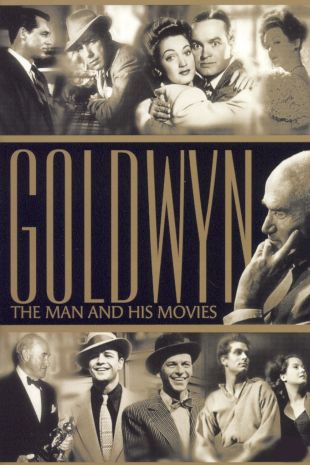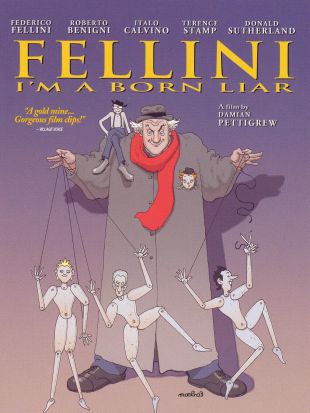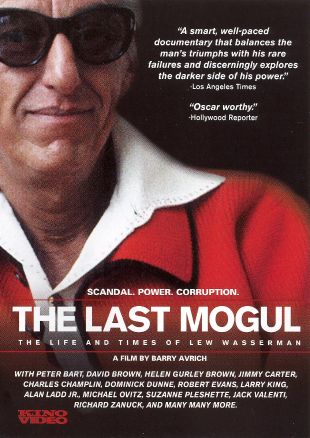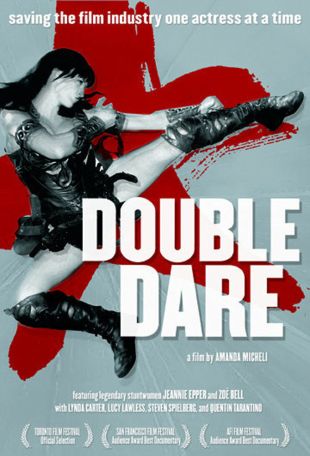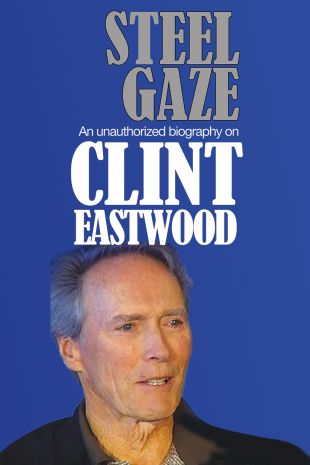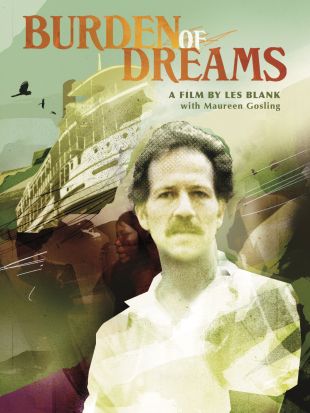American Masters : Hitchcock, Selznick & the End of Hollywood (1999)
Directed by Michael Epstein
Sub-Genres - Biography, Film & Television History |
Run Time - 90 min. |
Countries - United States |
Share on
Synopsis by Arthur Borman
This documentary, which world premiered in competition at the 1999 Sundance Film Festival, is composed of old footage and new interviews collected by filmmaker Michael Epstein, whose previous documentary, The Battle Over Citizen Kane, premiered at Sundance in 1996. Both films deal with "Old Hollywood" and the changes that took place in the 1930s and 40s, stemming from the shift in power from producer as chief architect of a film to the emergence of the director as primary auteur, and the battle for one's own vision. Narrated by Gene Hackman, the film juxtaposes the lives of two of Hollywood's biggest names, who were both collaborators and enemies. Producer David O. Selznick was on top of his game in the golden days of Hollywood; an Oscar-winning producer for Gone with the Wind, he created his own studio in Culver City and decided to bring an up-and-coming, 30-year-old English director named Alfred Hitchcock to America. Known for such dark films as The 39 Steps and The Lady Vanishes, Hitchcock was a promising talent in Europe when he got a call from Selznick, who wanted to put Hitchcock under contract to his studio. Once there, the two became a powerful force, creating Rebecca, which made Hitchcock a household name in America and won Selznick his second Best Picture Oscar. From there, however, things went downhill. Hitchcock was known for a distinct style that was clearly his own, yet directors at that time were merely hired hands executing shots for the producer. What happened in the years that followed was the rise of Alfred Hitchcock as one of America's great visionary directors and the fall of Selznick as one of Hollywood's old-school producers. Hitchcock and Selznick turned from friends to mortal enemies as Hitchcock eventually became a free agent and never turned to Selznick again. This signaled a change for all of Hollywood that still holds true today -- the director is the leading visionary for a film, and producers are mere financiers. Both may have made great films, but they also redefined a working relationship that has lasted ever since.
Characteristics
Themes
Keywords
argument, battle-of-wills, behind-the-scenes, career-retrospective, egocentric, film-company, film-director, film-industry, film-producer, headstrong, Hollywood, visionary
